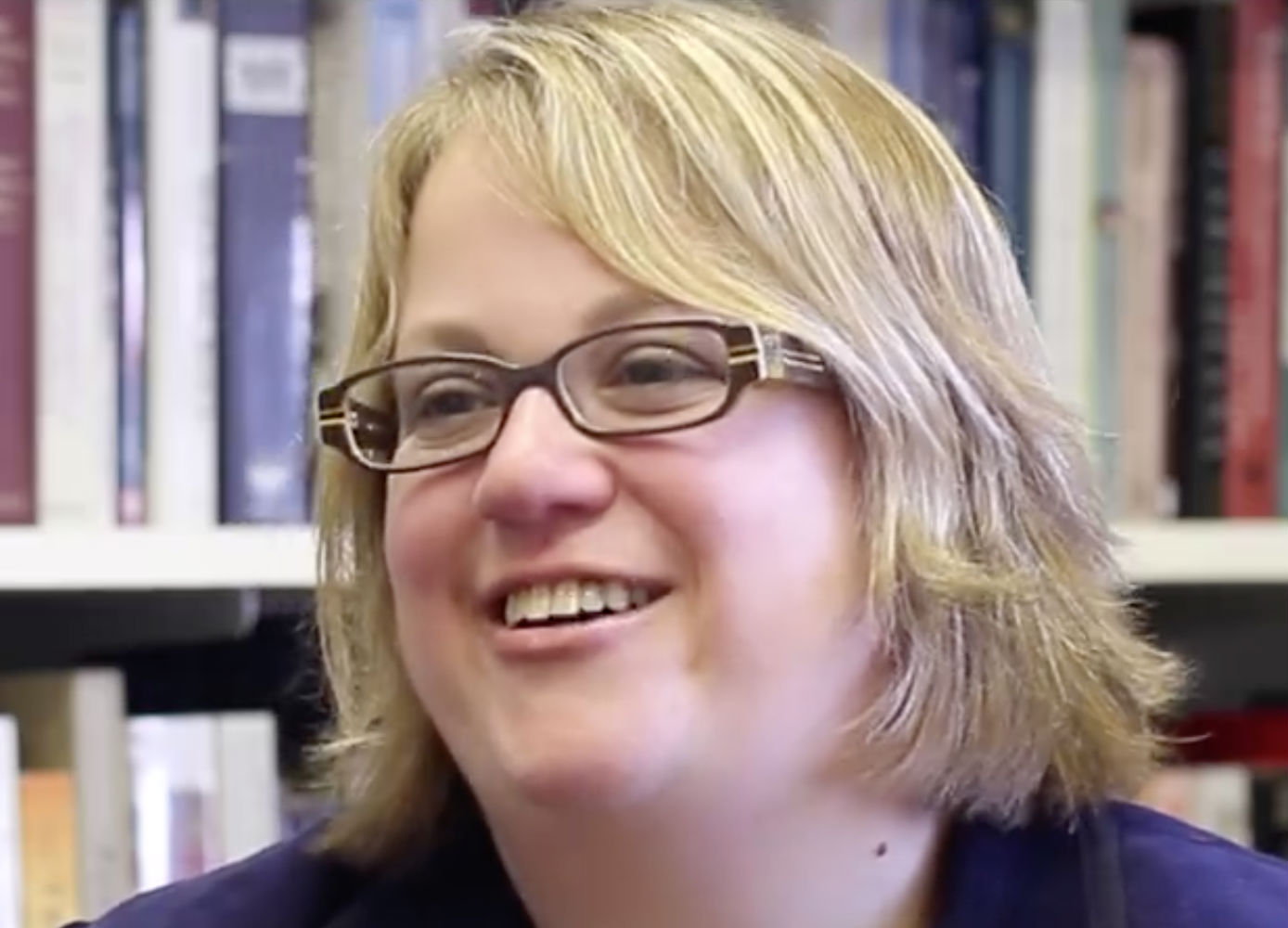What Do We Do?
The Department of History identifies knowledge of the past as essential to cultivating an empathetic understanding of the human experience. The study of past peoples and places, whether ancient or modern, familiar or alien, reveals the divergence of the human condition, generating an expansive worldview that is the hallmark of an informed, global citizen.
What Can You Do?
The essential historical skills of researching, evaluating and interpreting evidence, and writing are applicable to many job environments. JMU history majors have pursued careers in a wide array of fields. Among the many possible careers that await history majors:
- Academic Counselor
- Advocate
- Archivist
- Art Handler
- Art Historian
- Biographer
- Business Executive
- Chief Executive
- Citizen Outreach Director
- Community Relations Director
- Consultant
- Consumer Advocate
- Corporate Counsel
- Costumed Interpreter
- Historic Preservation Specialist
- History Teacher
- Investigator
- Lawyer
- Legal/Litigation Assistant
- Legislative Assistant
- Librarian
- Lobbyist
- Management Analyst
- Management Trainee
- Market Researcher
- Museum Director
- Museum Interpreter
- Museum Technician
- Operations Manager
- News Reporter
- Paralegal
- Professor
- Public Administrator
- Public Affairs Director
- Public Relations Specialist
- Publishing Assistant
- Recruitment Officer
- Regulatory Analyst
- Researcher
- Supervisor of Historic Sites
- Technical Writer
- Television/Film Consultant
In the News
- What You Need to Know About Becoming a History Major
- Occupational Outlook Handbook for a History Degree
- What Can You Do With A History Degree? 7 Careers In History
- What Jobs am I Qualified For With A History Degree?
- Why Study History? Revisited
- From a BA to the AHA: How a History Degree Prepared Me for Nonprofit Work



